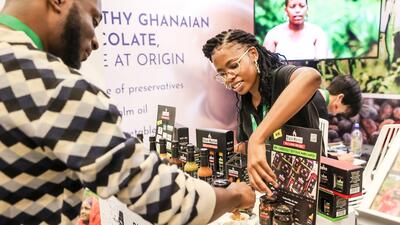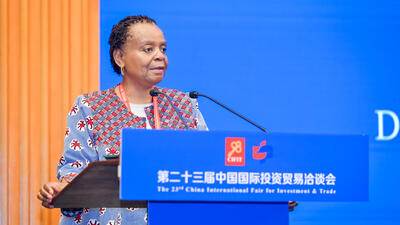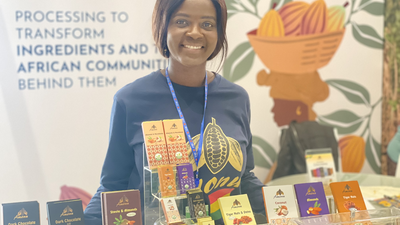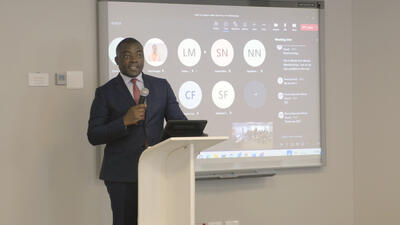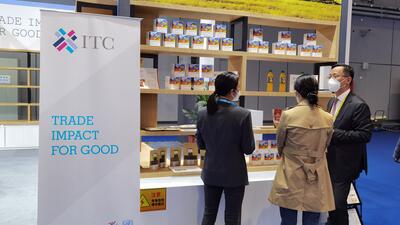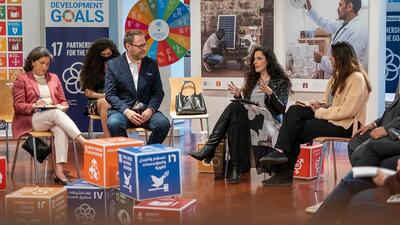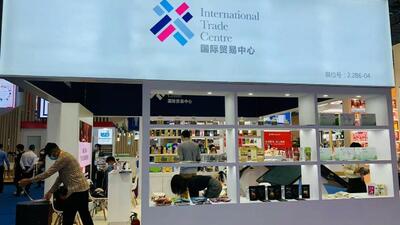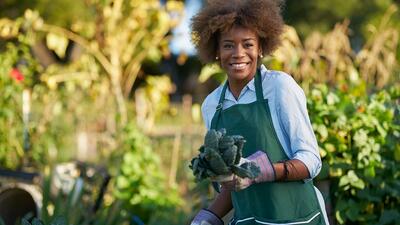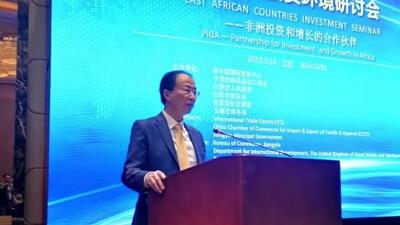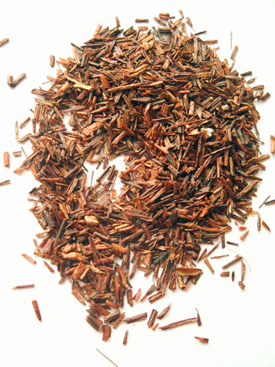
Can rooibos tea make it in Chinese Taipei and the UAE?
In the framework of ITC’s NTF II project supporting the export competitiveness of Rooibos tea in South Africa, two public relations (PR) companies have been brought on board help to kick off a six-month campaign to build a profile for the tea in Chinese Taipei and the United Arab Emirates.
The campaign will be used as a starting point to spearhead the marketing strategy in the two markets, which were selected because they consume large amounts of tea and already have existing commercial ties with South Africa.
The marketing campaigns will focus on rooibos's unique characteristics, such as its complex and unique blend of antioxidants which have been found to prevent and slow cancer, reduce the risk of heart disease and stroke, prevent liver disease, boost the immune system, relieve allergies and soothe itching skin.
Another selling point that will be emphasised is research into rooibos’s anti-ageing and stress-relief potential, as well as its potential role in anti-obesity. Most rooibos is fermented post-harvest. Both traditional and green or unfermented rooibos are natural products and contain no colorants, additives, preservatives or caffeine, though they can be stored for long periods without the taste or quality deteriorating. Rooibos's distinctive qualities will be advertised in traditional media outlets, as well as on social-media platforms such as Facebook.
NTF II has been working to improve the Rooibos sector's sustainable export competitiveness by stepping up both the quantity of tea shipped overseas and the product's added value. The goal is to increase the value of exports, as well as the financial returns. South Africa exports about half of the annual production of 12,000-14,000 tons of rooibos, an herbal tea that grows only in the Western and Northern Cape provinces. Exports have declined in recent years after reaching a peak of more than 7,000 tonnes in 2008 to just under 6,000 tonnes in 2011, which is down to both the global economic crisis and cyclical production.
The initial six-month media campaign, which may be extended, aims to support the South African Rooibos Council's (SARC) export-development plan and effectively position Rooibos in the two new markets. SARC has been running successful public relations campaigns in South Africa and Germany which are being expanded to include Austria and Switzerland.
Read more about ITC's NTF II project in South Africa.




